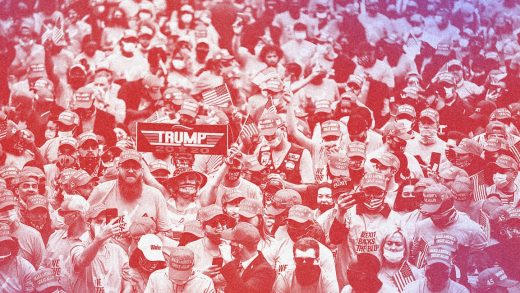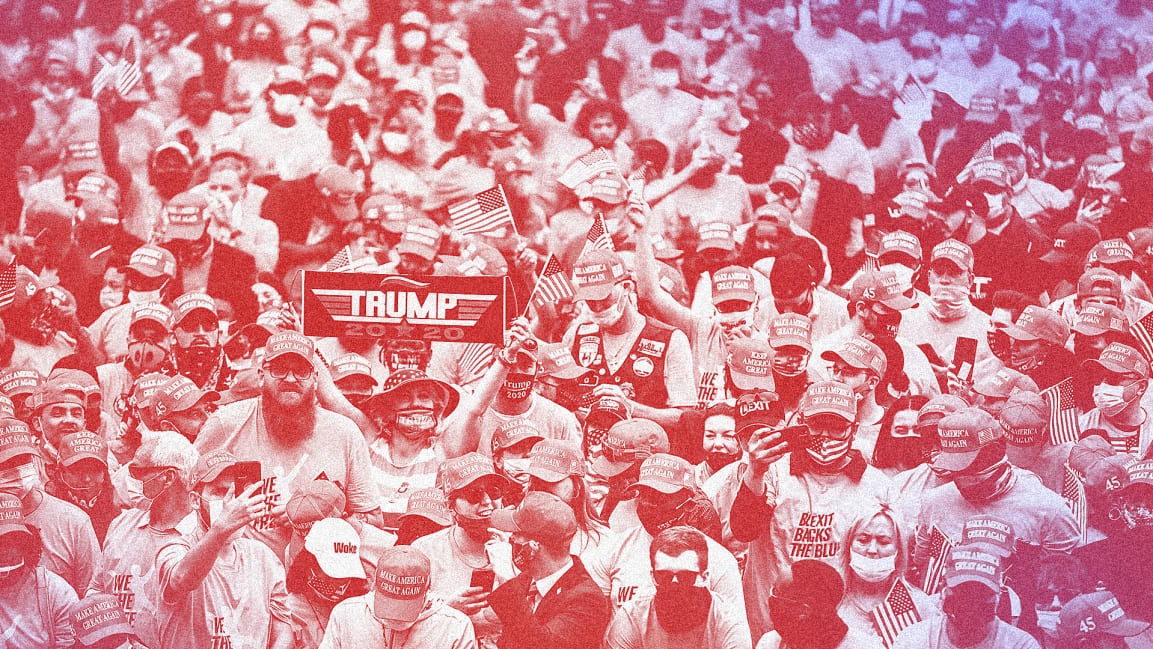Here’s how to argue with people claiming widespread election fraud
Sure, there are always random stories about some sort of ballot-counting malfeasance. Think of the famous “Vote early and vote often” phrase. Recall stories of dead people voting—most notably in Chicago—in 1960, when John F. Kennedy narrowly defeated Richard Nixon. Or watch a few episodes of the hit ABC show Scandal, featuring a storyline about election rigging in Ohio.
However, many of the claims we’re seeing pop up during this week’s election have been quickly and easily debunked. Here are some examples:
Claim: More votes were cast in Wisconsin than there are registered voters.
Reality: The state of Wisconsin allows people to register on Election Day, so the number of ballots collected could be higher than the number of voters the counties previously said they have on their rolls.
Claim: A person was photographed moving suspicious bulky containers in and out of a vote-counting center in Detroit, maybe bringing in “extra” ballots.
Reality: The individual was a photographer from WXYZ, the local ABC affiliate, bringing equipment needed for a 12-hour shift.
Claim: The days-long delay (so far) in counting votes means something fishy is going on.
Reality: A record number of Americans voted in 2020, making it the largest voter turnout since 1900 (though that was before women’s suffrage and when African Americans’ ability to vote was curtailed), and a record number—more than 101.3 million—voted early, according to the U.S. Elections Project. That’s a looooooot of tabulating.
Claim: Georgia is counting votes that arrived after Election Day.
Reality: The state’s deadline for absentee ballots sent from within the United States was 7 p.m. on Tuesday, but there’s an exception. Military and overseas ballots are accepted through today.
(13)



